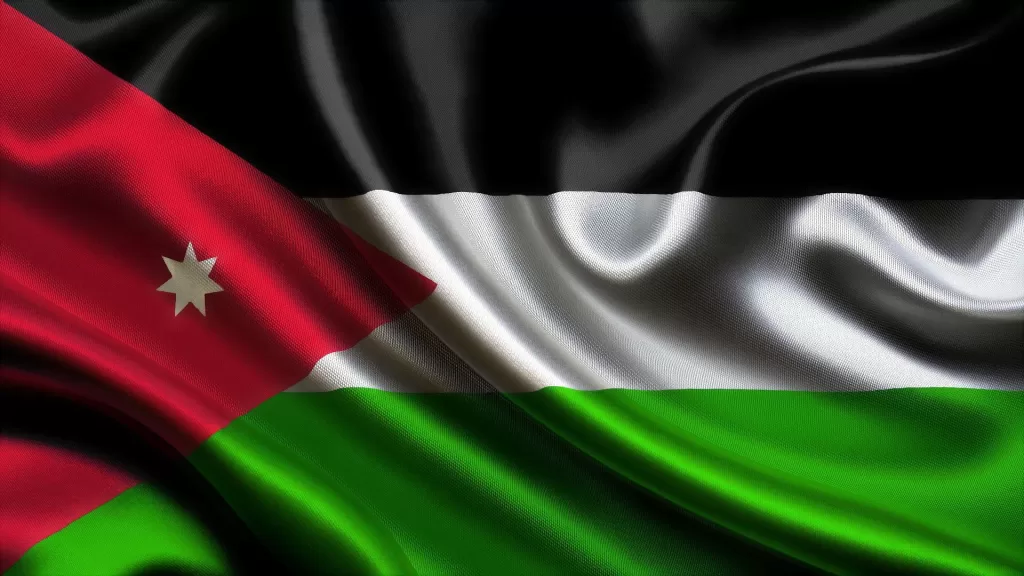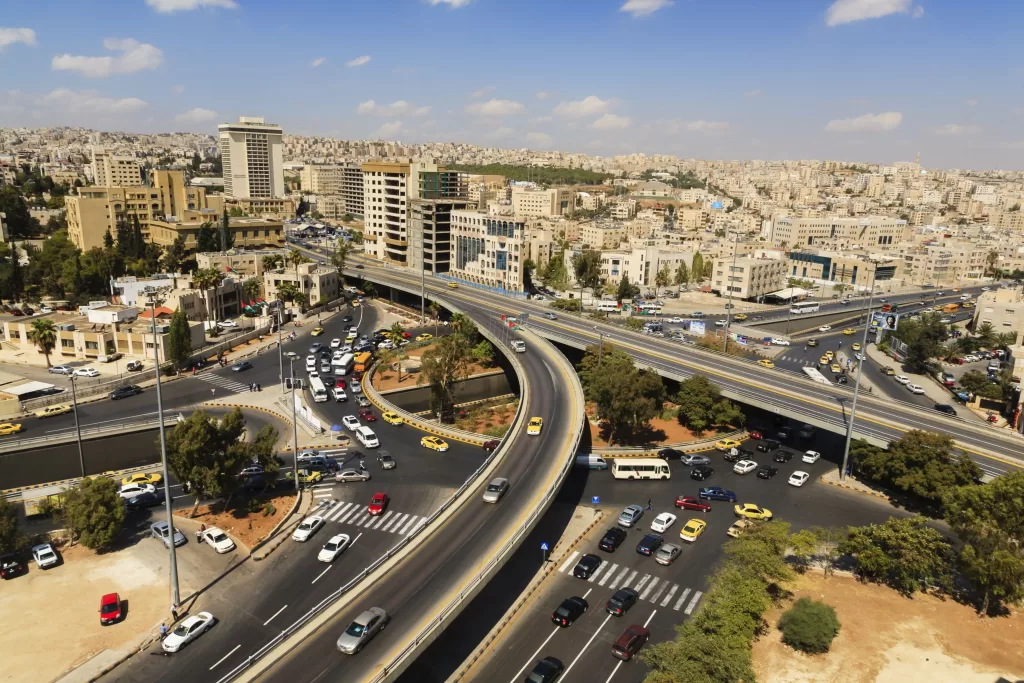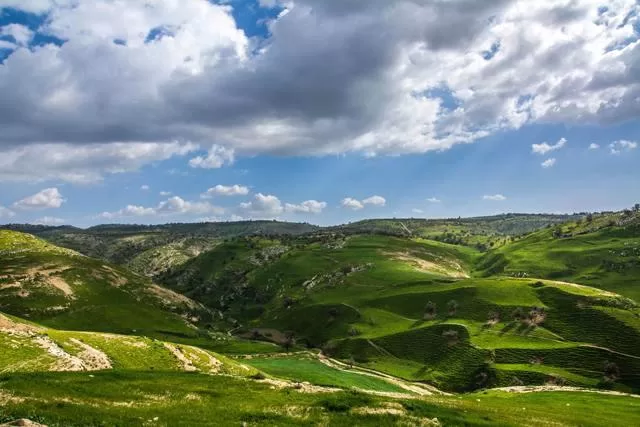Jordan Country Report

Jordan, situated in the heart of the Middle East, is a kingdom known for its historical significance, cultural heritage, and strategic geopolitical position. Despite being surrounded by regional conflicts, Jordan has maintained relative stability under the leadership of the Hashemite monarchy.
The country faces challenges such as limited natural resources, including water scarcity and economic dependency on foreign aid. Jordan hosts a large population of refugees, particularly from neighboring Syria and Palestine, adding pressure to its infrastructure and resources. Despite these challenges, Jordan has made strides in economic reforms, tourism development, and fostering international partnerships. With a rich history, diverse culture, and commitment to peace and stability, Jordan continues to play a significant role in the region’s political and economic dynamics.
Last updated: July 18, 2023
Security
Jordan prioritizes security given its strategic location in a volatile region. The country faces various security challenges, including spillover effects from conflicts in neighboring countries, terrorism threats, and managing its borders. Jordan has been relatively successful in maintaining internal stability through a combination of effective intelligence gathering, strong military capabilities, and cooperation with international partners, particularly the United States. The Jordanian Armed Forces play a crucial role in safeguarding the country’s borders and countering security threats. Additionally, Jordan actively participates in regional initiatives aimed at promoting peace and stability in the Middle East. Despite these efforts, the security situation in Jordan remains dynamic, requiring ongoing vigilance and adaptive responses to emerging threats.
Last updated: April 26, 2022
Infrastructure

Jordan has made significant strides in developing its infrastructure to support economic growth and societal needs. The country has invested in modernizing its transportation networks, including roads, highways, and airports, to improve connectivity both domestically and internationally. Moreover, Jordan has focused on expanding its energy infrastructure, with investments in renewable energy projects such as solar and wind power to reduce dependence on imported fossil fuels. Efforts to enhance water infrastructure are also prioritized, given Jordan’s scarcity of water resources, including investments in desalination and wastewater treatment plants. However, challenges remain, particularly in addressing urbanization pressures and upgrading infrastructure in rural areas. Overall, Jordan continues to prioritize infrastructure development as a means to foster economic development, enhance living standards, and ensure sustainable growth.
Last updated: July 18, 2023
Environment

Jordan faces significant environmental challenges, including water scarcity, desertification, and pollution. The country’s arid climate and limited water resources place immense pressure on its ecosystems and agriculture. Jordan’s population growth, urbanization, and industrial activities exacerbate these challenges, leading to increased pollution of air, water, and soil. Moreover, Jordan hosts a large number of refugees, further straining its resources and exacerbating environmental degradation.
In response, Jordan has implemented various initiatives to address these issues, including water conservation measures, renewable energy projects, and environmental regulations. International partnerships and aid also play a crucial role in supporting Jordan’s environmental sustainability efforts. However, ongoing efforts are needed to mitigate the impact of environmental degradation and ensure a healthy and sustainable environment for future generations.
Last updated: March 15, 2022
Health and Medical
Jordan’s healthcare system is characterized by a mix of public and private sectors, providing relatively high-quality medical services to its citizens. The country boasts a well-developed infrastructure of hospitals, clinics, and healthcare facilities, particularly in urban areas. Jordan has also become a hub for medical tourism, attracting patients from neighboring countries seeking specialized treatments and procedures.
Despite these advancements, challenges persist, including disparities in healthcare access between urban and rural areas, shortages of medical personnel, and financial constraints. The government has implemented various initiatives to address these issues, including health insurance reforms and investments in healthcare infrastructure and workforce development. Additionally, Jordan has actively responded to public health challenges, such as the COVID-19 pandemic, through robust vaccination campaigns and healthcare measures. Overall, Jordan continues to strive for improvements in its healthcare system to ensure the well-being of its population.
Last updated: August 26, 2023
Political
Jordan is a constitutional monarchy with a parliamentary system, where the King holds significant executive powers and the Parliament plays a legislative role. The political landscape in Jordan is characterized by a delicate balance between traditional monarchy and evolving democratic institutions. Political parties exist, but power dynamics are often influenced by tribal and familial allegiances. The government faces challenges related to political reform, corruption, and economic development, amidst regional instability and the influx of refugees. Jordan’s foreign policy emphasizes maintaining stability in the region while balancing relations with neighboring countries and international allies, particularly the United States and Gulf states. Despite periodic protests and calls for reform, Jordan has managed to navigate political challenges with a degree of stability, albeit with ongoing efforts towards greater political inclusivity and transparency.
Last updated: March 25, 2022















